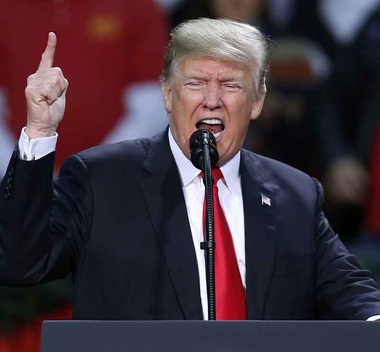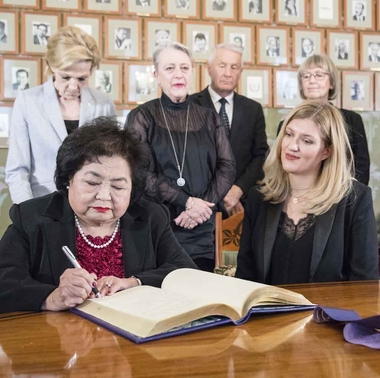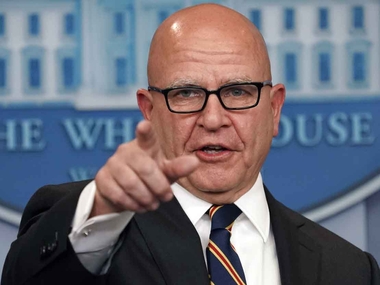Nuclear war “one impulsive tantrum away”

Hiroshima survivor Setsuko Thurlow said, “It just was like hell on earth.” Describing survivors immediately after the attack as looking like “a procession of ghosts,” she continued, “The hair was standing up and they were all burned on the skin and their flesh was hanging from their bones. Some were carrying their eyeballs."

Thurlow, now 85, was in Oslo, Norway, to receive the Nobel Peace Prize awarded to the International Campaign to Abolish Nuclear Weapons (ICAN), along with the organization’s head, Beatrice Fihn.
In remarks at the ceremony, Fihn said, "Will it be the end of nuclear weapons, or will it be the end of us? The only rational course of action is to cease living under the conditions where our mutual destruction is only one impulsive tantrum away," Fihn added. Agence France-Presse reported on the ceremony.
Anti-nuclear activists as well as leaders around the world are alarmed at the war of words between US President Donald Trump, and North Korean leader Kim Jong-Un. Tensions have been escalating on the Korean peninsula, driven by the North’s development of a nuclear weapon and intercontinental ballistic missiles.
Related
Trump, North Korea trade escalating threats of fire
Analysis: Trump throws his own North Korea strategy a curve
Beyond bluster, US, N Korea in regular contact

White House national security adviser HR McMaster said Saturday that North Korea represents "the greatest immediate threat to the United States" and that the potential for war with the communist nation is growing each day.
“The crisis in Korea poses the most immediate and visible threat of nuclear conflict -- but it is not the only potential flashpoint,” an analysis piece by CNN said. “There is low-level fighting, with small arms and occasional artillery fire, almost every day between India and Pakistan, across the line of demarcation in Kashmir, and the military doctrines of both countries could lead to the early use of nuclear weapons if that fighting escalates into full-scale war.
“Relations between the United States and Russia, and the US and China are the worst they have been in decades. The danger of nuclear conflict among the major powers, once thought to be a relic of the Cold War, is again a real possibility that cannot be discounted.
“All of these geopolitical rivalries will worsen as climate change progresses, making the world less able to sustain its population and triggering mass migrations on a scale that dwarfs the current refugee crisis.”
ICAN is a coalition of NGOs (non-government organizations) around the world. It has worked for a treaty banning nuclear weapons which was adopted in July by 122 countries. The effort was weakened by the absence of the nine nuclear powers among the signatories to the treaty.
The nine nuclear powers are the United States, Russia, United Kingdom, France, China, India, Pakistan, Israel and North Korea.
“Thurlow said the Hiroshima blast left her buried under the rubble, but she was able to see light and crawl to safety,” the Associated Press reported. She is a leading activist with ICAN. "Our light now is the ban treaty," Thurlow said. "I repeat those words that I heard called to me in the ruins of Hiroshima: 'Don't give up. Keep pushing. See the light? Crawl toward it.'"
The United States is the only country that has ever used nuclear weapons. The arms race resulted in an increasing number of countries developing their own, but the certainty of destruction of a country uses those weapons has so far prevented their use since the end of World War II.
Copyright The Gayly – December 10, 2017 @ 2:25 p.m. CST.





